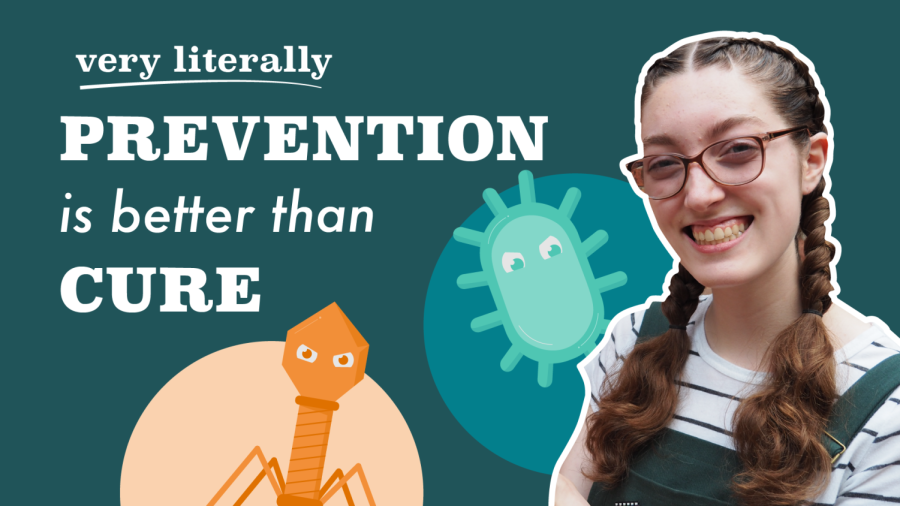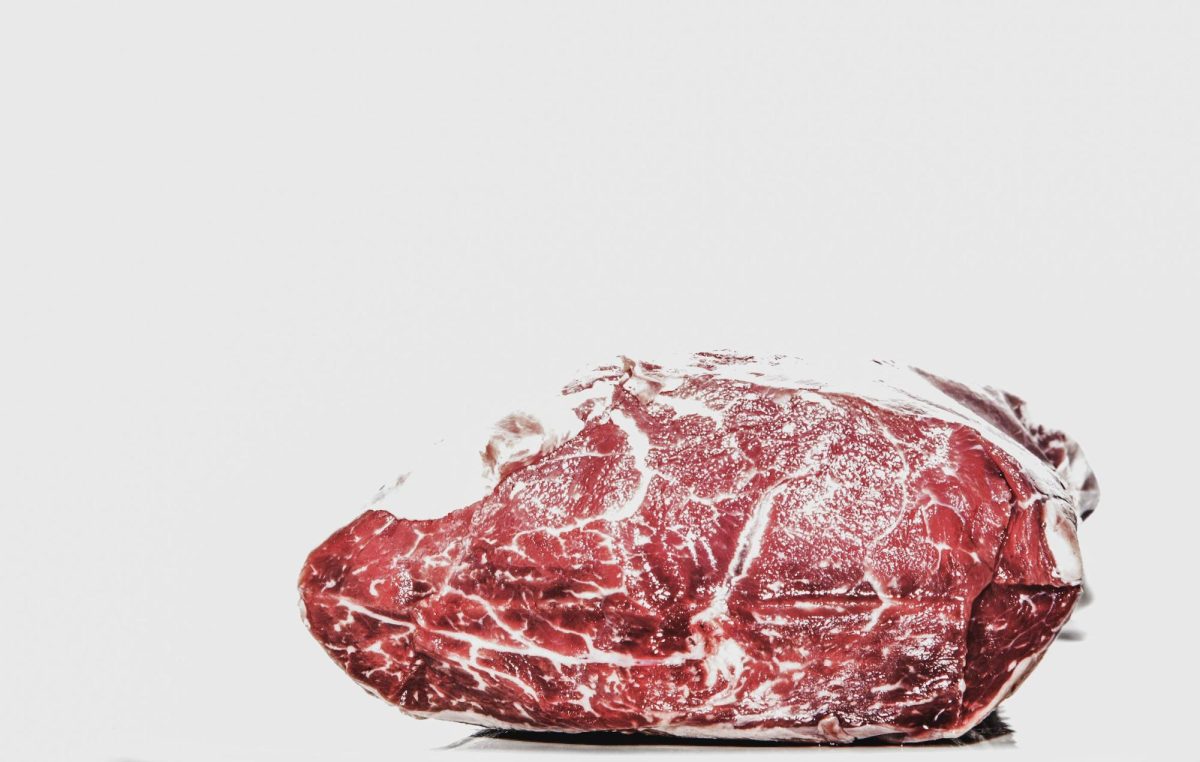Eating meat is an unethical practice and causes countless animals to suffer through unimaginable pain and lose their lives for humans to have them on their dinner tables. Leading up to death, animals live in horrible conditions since the whole practice of livestock farming has a negative environmental footprint. The more people who avoid eating meat, the less demand our society will have, resulting in fewer animals living in inferior conditions, fewer slaughtered animals, and a minimized negative impact on the environment.
Since all animals in the meat industry are born simply to be killed for food, they are usually living in poor conditions. Innocent animals suffer through a horrible quality of life leading up to a tragic death. They are crowded into factories only to see the light of day when heading to the slaughterhouse. Animals have complex nervous systems; they are intelligent and want quality lives. A PETA (People for the Ethical Treatment of Animals) study proves that animals have sentience and feel emotions: “It is an indisputable fact that animals have sentience and complex nervous systems. Animals are intelligent and complex—much more so than many people even realize—and scientists are finding more and more evidence of this all the time.” They experience emotions ranging from happiness, empathy, and joy to sadness, grief, and resentment. Animals are creatures that feel pain and emotions just as humans do, so they should be treated and respected as such, rather than living in horrible circumstances with a future designed solely for human use and consumption.
After living a short life crowded into small spaces with so many others, innocent animals suffer tragic and painful deaths. Animals are usually killed while conscious. There is nothing ethical about this practice. PETA mentions how animals on the killing floor are conscious and struggling to escape death while their throats are cut. Some animals are still conscious while their bodies are mutilated or when they are dunked into tanks of scalding hot water for consumption. One way to avoid these practices is to eat more plants, saving more animals from slaughter.
Not only is eating meat unethical for the sake of the animals, it is unethical for the sake of the environment. Livestock farming has a vast environmental footprint. The University of Oxford provides information on how eating meat contributes to land and water degradation, biodiversity loss, deforestation, coral reef degeneration, and acid rain through nitrogen and sulfur emissions. These negatively impact the natural world. If meat were not in high demand for people everywhere, livestock farming would decrease, leading to decreased negative environmental impacts.
Despite all of this, many will still argue that the myriad of health benefits that come with eating meat trumps the suffering that these animals go through. They point out that some livestock farms will approach ethically raising animals. Ethical treatments include getting to see the light of day, not being crowded tightly together with other animals their whole lives, and being slaughtered while unconscious to reduce suffering.
These are all valid points, but countless meat alternatives provide the same nutritional value. Also, animals may be somewhat “ethically raised,” which means they are just receiving outdoor time and less confinement and are killed in a way that people claim to be more humane. But either way, the animals in the meat industry are born to be killed. That in itself is appalling and an unethical concept.
In short, eating meat is an unethical practice. The more people who stop eating meat, the less demand there will be for it. This decline in meat-eating could result in fewer animals confined to one factory for life and only seeing the light of day when heading to the slaughterhouse. Furthermore, this could lead to fewer animals being killed and a decrease in the negative environmental impacts. When animals and humans can coexist in the world, rather than humans greedily and selfishly consuming animals, there will be more peace and less suffering, leading to better days for all. So, will you stop eating meat?
Works Cited
“Debate Kit: Is It Ethical to Eat Animals?” PETA, 15 Oct. 2020, www.peta.org/teachkind/lesson-plans-activities/eating-animals-ethical-debate-kit/.
“New Report Compiles Evidence of Animal Sentience.” PETA Headlines, 4 Jan. 2024, headlines.peta.org/animal-sentience/#:~:text=More%20than%202%2C500%20studies%E2%80%94including%20some%20that%20were%20funded,They%20can%20even%20suffer%20from%20post-traumatic%20stress%20disorder.
Pickles, Matt. “The Ethical Arguments against Eating Meat.” University of Oxford, www.ox.ac.uk/news/arts-blog/ethical-arguments-against-eating-meat. Accessed 17 Jan. 2024.
“Plant-Based Eating: Good for Animals, the Environment and You.” The Humane Society of the United States, www.humanesociety.org/resources/plant-based-eating-good-animals-environment-and-you. Accessed 17 Jan. 2024.

























































